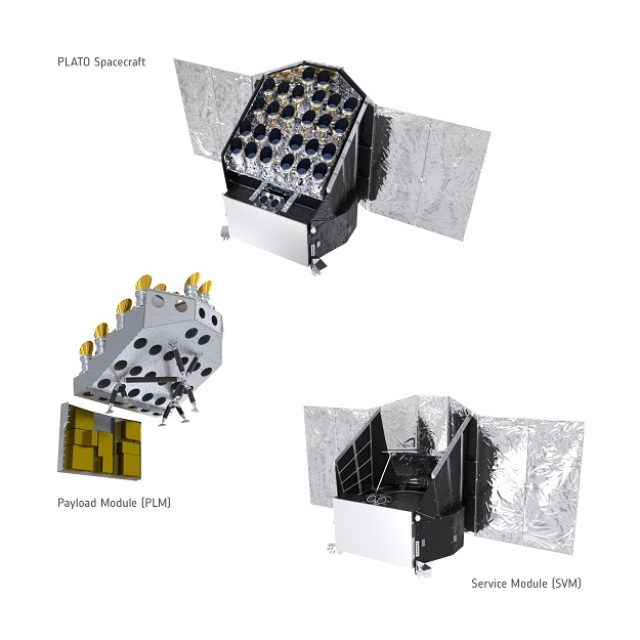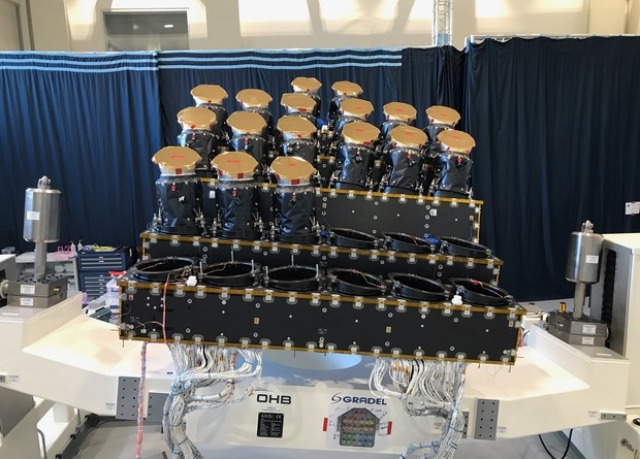The European Space Agency has completed a critical review of the new PLATO space Observatory project. It is expected that it will be launched into space in 2026 and in 4 years of operation will observe more than 200 thousand stars, exploring the properties of exoplanets around them, it is reported on the agency's website.
The PLATO (PLAnetary Transits and Oscillations of Stars) project was selected by the European Space Agency in 2014 for implementation under the Cosmic Vision program. It will be a medium-class space observatory with a total mass of 2,134 kilograms, the main instrument of which consists of 26 refractor telescopes with a diameter of 12 centimeters each, the field of view is 2,250 square degrees.
The scientific tasks of PLATO will include the search and study of a large number of exoplanetary systems using the transit photometry method, with special attention being paid to the exoplanets of the Earth group in the habitable zone around sun-like stars. In addition, research in the field of astroseismology is planned. In total, over 4 years of operation, the observatory will observe more than 200 thousand stars.
PLATO consists of two parts — the payload module, in which the telescopes will be placed, and the service module, where solar panels, propulsion system, sunscreen, as well as communication, control and temperature control systems will be located. The modules will be connected to each other by means of a truss.

Image Source: ESA / ATG medialab
On January 11, 2022, the European Space Agency announced that it had successfully completed a critical review of PLATO, which included an assessment of the production, assembly and testing of telescopes and an optical bench. This allows us to proceed to the second stage of the contract for the construction of the observatory, where the main contractor is OHB System AG, and the team members are Thales Alenia Space and RUAG Space System.
In 2023, a critical analysis of the PLATO design will be carried out, after which its final assembly will begin. The launch of the observatory is scheduled for 2026, it will work in orbit around the second Lagrange point in the Sun-Earth system.
In 2028, the European Space Agency plans to launch the ARIEL Space Telescope, which is designed to study the atmospheres of exoplanets.
Alexander Voityuk

